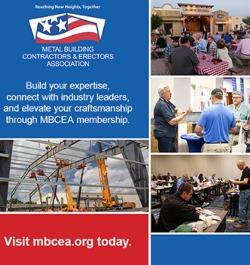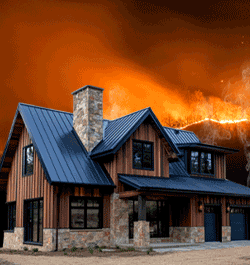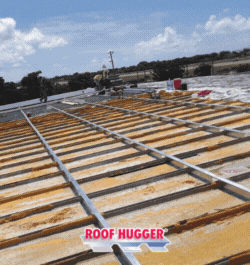UP TO THE MINUTE
Stop rework before it starts
May 27, 2025 at 6:00 a.m.By Cotney Consulting Group.
Five field communication habits that work.
Rework is one of the most expensive and preventable problems in roofing. It doesn't just eat up profit. It demoralizes crews, delays closeout, frustrates clients and ties up your best resources, fixing things that should've been done right the first time. In most cases, rework isn't a craftsmanship issue. It's a communication issue.
You don't need more checklists to protect your margins and job flow. You need better communication habits between your office and the field. Let's walk through a few simple, consistent ways to get your jobs running cleaner, faster and with less costly rework.
What causes most roofing rework?
You've seen it before:
- Crew shows up and installs per the plan only to find the scope changed, and no one told them
- Material drop is short or wrong, and no one catches it until mid-day
- A detail gets missed because the foreman didn't get a change order sketch
- Field reports a problem, but the message gets lost between the job trailer and the office
None of this is about "bad work." It's about missing information at the wrong time.
Habit 1: Daily jobsite kickoff (yes, even on small jobs)
Start every job day with a 5-10 minute huddle:
- Scope for the day
- Safety checks
- Material needs
- Questions or issues
It doesn't have to be formal. But it should be consistent. This is where problems get spotted before they turn into rework.
Habit 2: Clear change order communication
Change orders are a significant rework risk — especially if the field gets verbal updates without visuals.
Fix this by:
- Always provide written scope changes with diagrams if needed
- Having a standard "change log" that field leaders can review on the job
- Using tools like shared folders, job apps or even whiteboards to track updates
Train your team: If it's not in writing, it's not approved.
Habit 3: End-of-day recaps
At the end of each day, the foreman or lead should:
- Note what was completed
- Flag any issues or delays
- Take 2–3 job site photos
- Email or message the PM with a quick status update
This helps office staff keep clients updated, verify progress and line up tomorrow's needs. Plus, it gives you documentation if disputes arise.
Habit 4: Use visuals to close the gap
When in doubt — take a picture. Photos are one of the most underused tools in roofing field communication. Use them to:
- Confirm problem areas
- Document progress
- Share site access issues or staging needs
- Clarify what was done versus what's left
If you use apps like CompanyCam or similar tools, make photo sharing part of your field culture.
Habit 5: Respect the feedback loop
Communication goes both ways. Field leaders need space to:
- Raise concerns without being ignored
- Share what's not working
- Help improve job handoffs or planning
You hired your forepersons and supers for a reason. Use their input to build better systems — and prevent the kind of job site friction that leads to expensive fixes.
Set expectations and reinforce the culture
The reason most field communication fails? No one owns it. Make it part of your culture. That starts with leadership. Train your PMs and forepersons on the following:
- How to run effective huddles
- When and how to flag changes
- What does your standard communication flow look like
Recognize the crews that communicate well. Show how it saves time, prevents callbacks and leads to smoother closeouts. That's how habits become systems.
Rework is a symptom — communication is the cure
You'll never eliminate rework. But most of what costs you in roofing isn't blown flashings or bad welds — it's the work that got done wrong because someone didn't know what was needed. Build a communication rhythm between your office and the field. Keep it simple. Keep it daily. Keep it visual. That's how you avoid rework, not by yelling but by leading.
Because the best crews aren't just skilled; they're connected, informed and set up to succeed.
Learn more about Cotney Consulting Group in their Coffee Shop Directory or visit www.cotneyconsulting.com.





















Comments
Leave a Reply
Have an account? Login to leave a comment!
Sign In